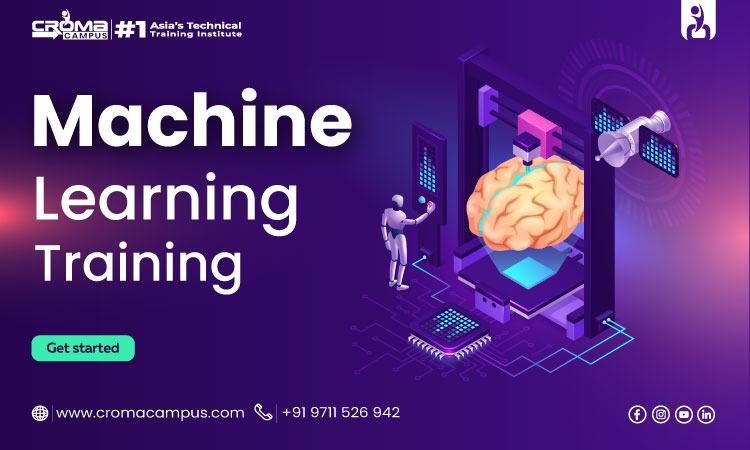Top 6 Machine Learning Model Management Tools for Businesses
In the current time, Machine learning is one of the widely used technologies ever, and it has become necessary to effectively manage its models. Well, ineffective model management can lead to serious problems such as lower accuracy, compliance risks, and even system downtime. If any of the organizations don’t have a clear process for tracking versions, monitoring performance, and deploying models, then this may result in broken models.
In this article, we have discussed the top machine learning model management tools for businesses. If you are looking to understand these tools, then you may need to enroll in the Machine Learning Online Course, where you will learn how to implement them in your organization. Then let’s begin to understand these tools in detail:
Which are the Top Machine Learning Model Management Tools?
Here we have created a list and described the top machine learning model management tools in detail. So if you take a Machine Learning Course in Delhi, then you will be able to understand these tools and implement them. Because the in-class training will help you gain the practical knowledge of these tools.
Amazon SageMaker
SageMaker is a fully managed service on AWS that helps you build, train, and deploy ML models without worrying about infrastructure.
Main Features:
- Model Registry:
A central place to store trained models with version control, metadata, and lineage tracking.
- Model Approval Workflow:
Ensures models are reviewed and approved before going live, helping meet internal standards and regulations.
- Model Monitoring:
Tracks deployed model performance in real time, detecting issues like data drift and bias using built-in or custom metrics.
Azure Machine Learning Studio (Azure ML)
Azure ML is a cloud platform for developing and deploying ML models at scale, integrated tightly with other Azure services.
Main Features:
- Model Registry:
Stores model versions, metadata, and performance metrics with tracking and comparison tools.
- Model Training Pipelines:
It automates the model training process, where it supports reproducibility methods and CI/CD practices.
- Responsible AI Tools:
It provides tools for explainability, fairness, and bias detection to support ethical AI development.
Google Vertex AI (GCP)
Vertex AI is a unique platform for managing the entire ML lifecycle in one place, from data preparation to model deployment.
Main Features:
- Model Registry:
Keeps all versions and metadata of trained models, allowing easy tracking and deployment.
- Pipelines:
Automates model training and deployment with built-in support for CI/CD.
- Experiment Platform:
Helps compare multiple experiments to improve model performance and speed up iteration.
TensorFlow Extended (TFX)
It is a complete Machine learning platform that is used for production-ready pipelines, especially when we are using TensorFlow.
Main Features:
- Modular & Customizable:
It builds pipelines that align your needs with reusable components.
- Version Control:
Track and manage different versions of models and pipeline artifacts.
- Data Validation:
Automatically checks data quality and consistency before training, reducing the risk of issues later on.
MLflow (Open Source)
MLflow is an open-source platform that is used to manage the full machine learning lifecycle. It helps track experiments, organize models, and streamline deployment.
Main Features:
- Tracking:
Keeps a record of your model training, including code, data, parameters, and results.
- Model Registry:
Central location to manage multiple versions of models with full lineage and lifecycle stages (e.g., staging, production).
- Packaging:
It allows you to package models in a standard format, making them easy to deploy across different environments.
DVC (Data Version Control)
DVC extends Git to handle data, model files, and ML experiments, enabling better collaboration and reproducibility in ML projects.
Main Features:
- Version Control for Experiments:
Track changes across code, data, and model outputs—ideal for collaborative teams.
- Dataset Versioning:
Keep consistent and traceable versions of datasets, making model training more reliable.
- Model Lineage:
Understand the full path from data to model, making debugging and audit trails much easier.
Apart from this, if you have gained a Machine Learning Certification, then this will help you gain the opportunities hidden in this field. Also, you can showcase this certificate to your future employer if they need proof of your expertise in this field.
Conclusion:
From the above discussion, it can be said that these tools have become a necessity rather than a luxury as they are an important components of the modern AI development strategies. Also, this encourages data scientists as well as engineers to solve the complexities of the manual process and focus on building the ML solutions with great efficiency, reliability, and scalability.https://freshvoicehub.com/













